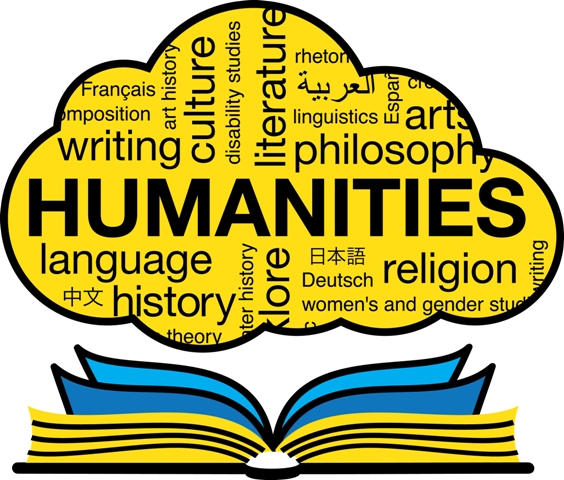
Medical humanities is an interdisciplinary field of humanities (literature, philosophy, ethics, history and religion), social science (anthropology, cultural studies, psychology, sociology), and the arts (literature, theater, film, and visual arts) and their application to medical education and practice.
Medical humanities research is approached differently from the natural sciences, where data and hard evidence are required to draw conclusions. Because the human experience cannot be adequately captured by facts and figures alone, humanities research employs methods that are historical, interpretive, and analytical in nature.
Those engaged in humanities research pose questions about common assumptions, uncover new meanings in artistic works, or find new ways to understand cultural interactions. They are interested in raising questions and offering strong but tentative answers, not indisputable solutions.

If you are new to the humanities, you may find it a little odd to conduct research without performing your own experiments or collecting data. Humanities research is all about delving deeply into a topic, finding original sources, evaluating secondary sources, and coming to your own conclusions as a result.
The resources you will be using are usually divided into primary and secondary sources.
As you review resources, you may wind up refining your topic several times.